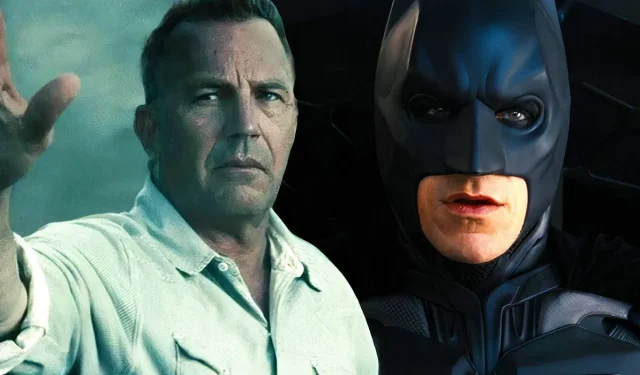
The cinematic adaptations of the DC Universe have brought many iconic characters to life, from Superman and Batman to Wonder Woman. However, these adaptations also showcase numerous moments where characters made choices that, over time, appeared ill-conceived or misguided. Though the intentions behind these decisions may have been noble, evolving societal perspectives and cultural reflections have shifted the way these moments are perceived. In this article, we will explore ten decisions made by DC movie characters that have notably aged poorly, highlighting the nuances of each situation.
10. Amanda Waller’s Choice to Enlist Villains
From Suicide Squad (2016)
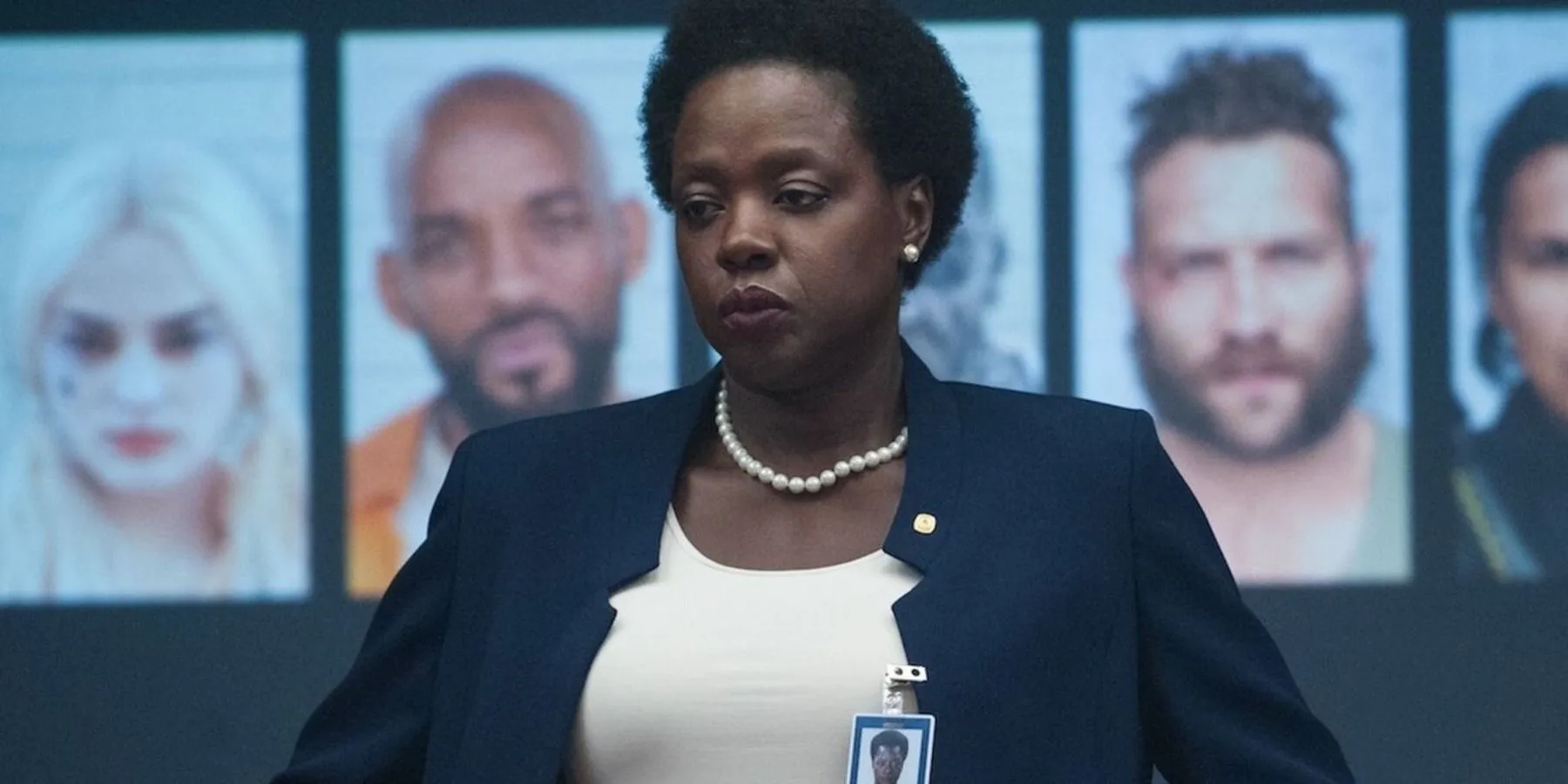
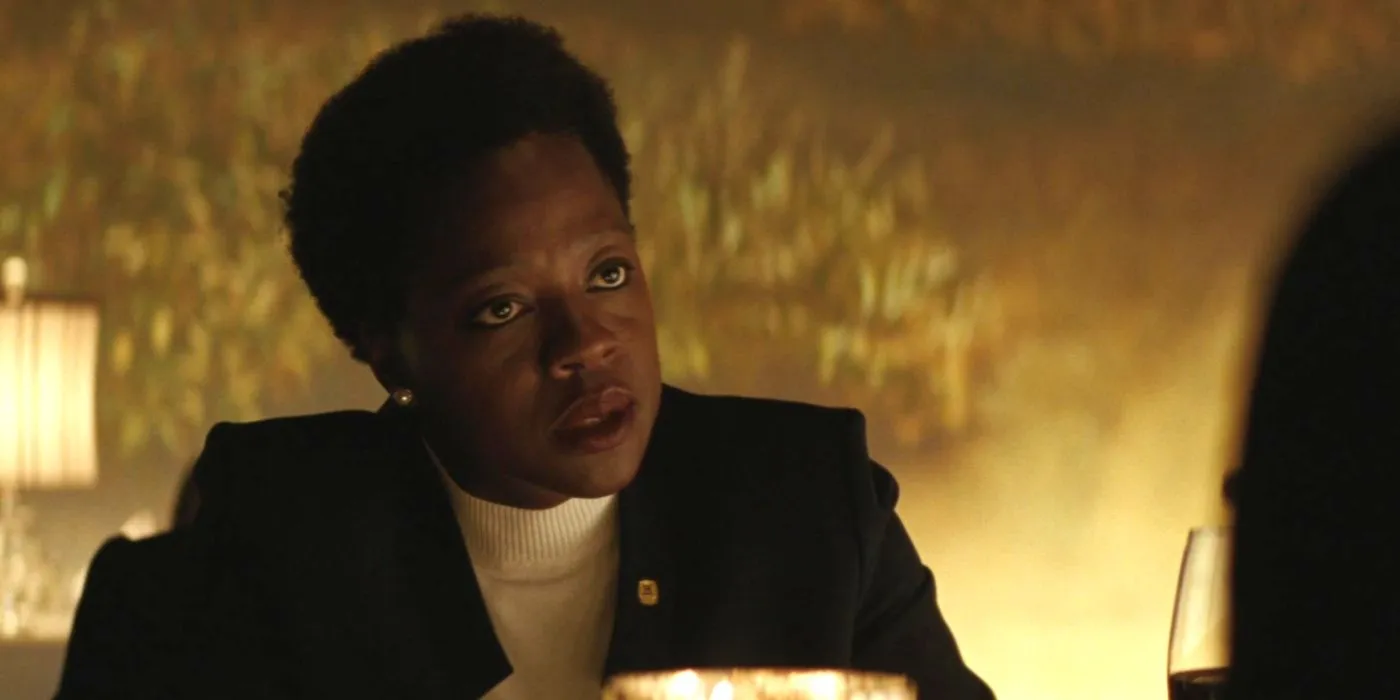
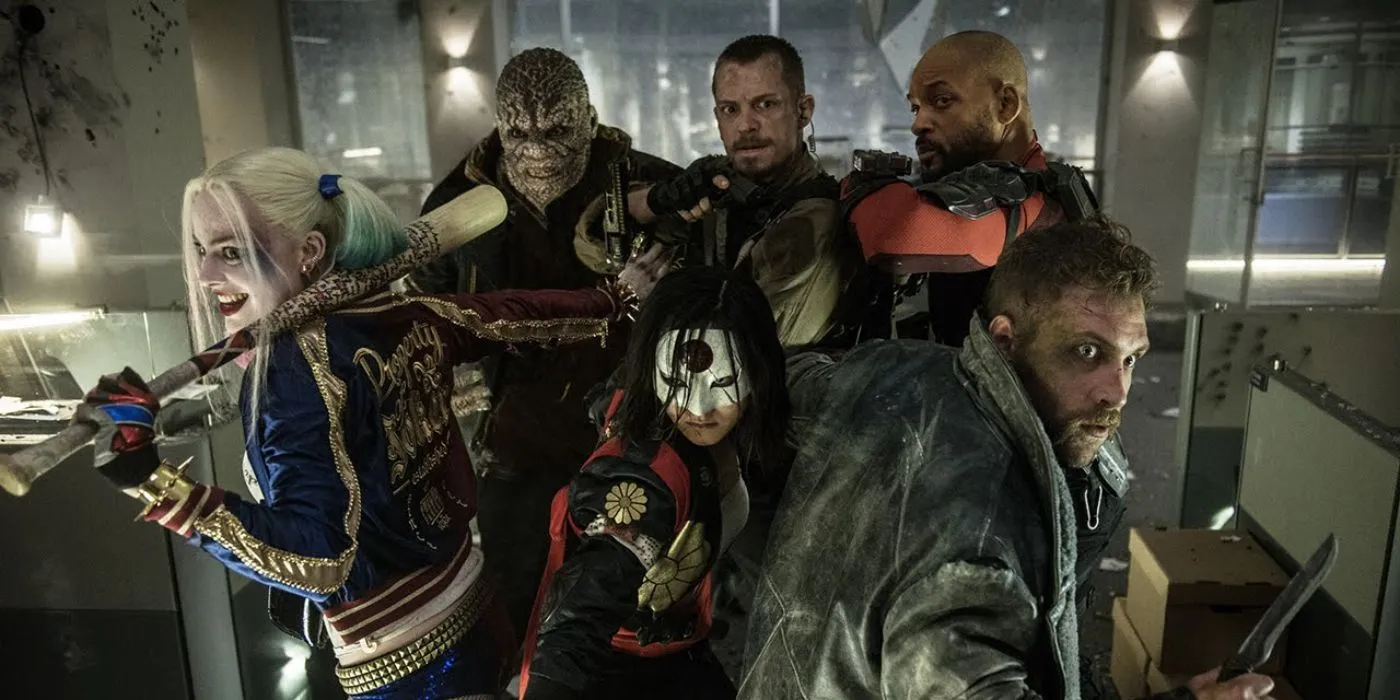
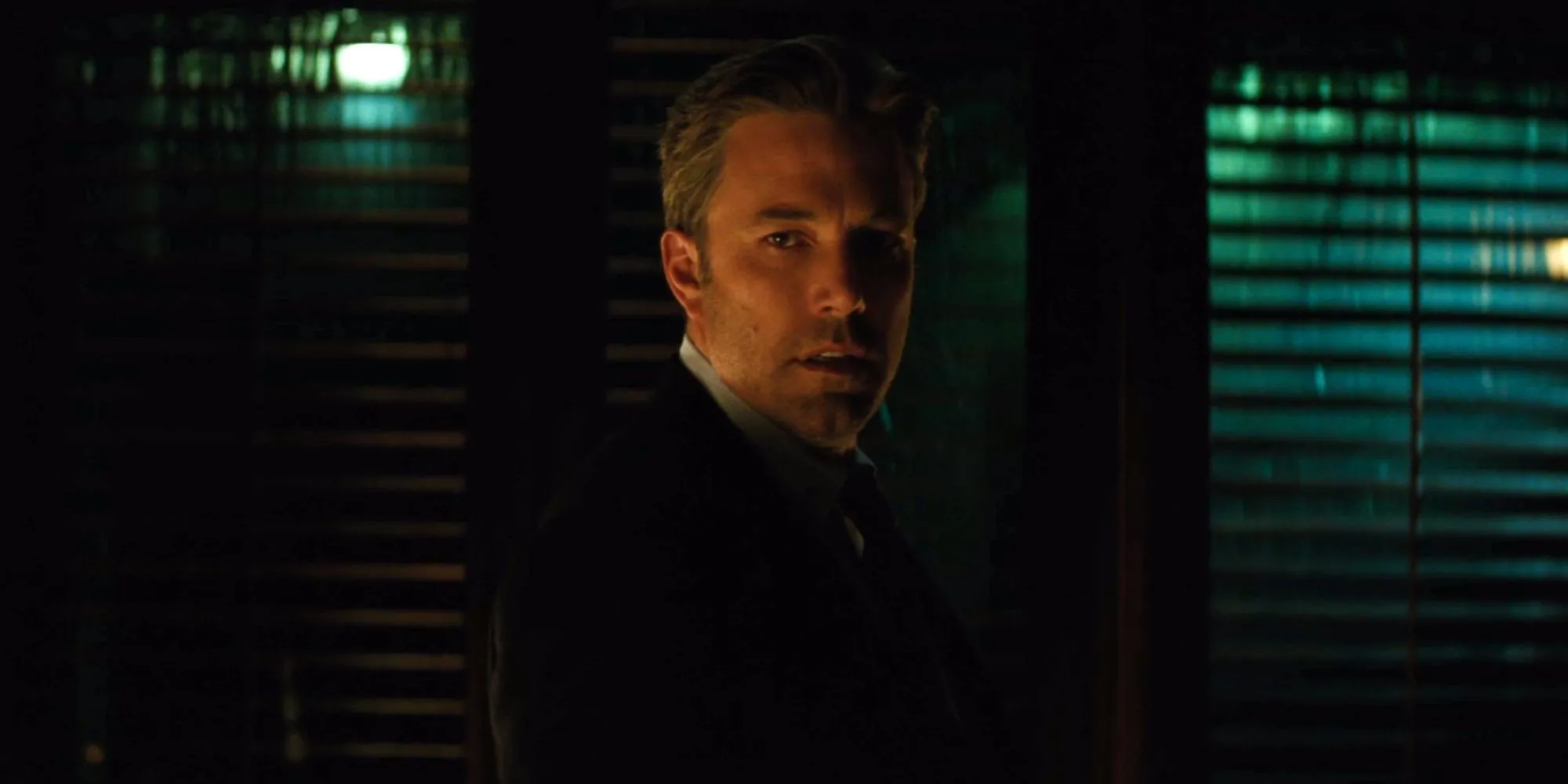
Among the most stirring sequences within the DCEU is the post-credits scene featuring Bruce Wayne and Amanda Waller. This moment not only connected Suicide Squad to the broader DCEU but hinted at a potential confrontation between Batman and Jared Leto’s Joker. However, it also emphasized the absurdity of Waller’s choice to create Task Force X. Despite possessing knowledge of multiple metahumans, including Batman and the Flash, she opted for an unstable team of villains. This strategy eventually backfired, making her choice appear prematurely reckless, especially in light of her access to more dependable allies.
9. Black Adam’s Provocation of Superman
From Black Adam (2022)
In the post-credits scene of Black Adam, Henry Cavill’s Superman makes a significant return, setting the stage for a great showdown. However, the decision by Black Adam to taunt Superman seems increasingly misguided following the film’s release. Shortly thereafter, news broke of a reboot within the DCEU, rendering this intriguing encounter null and void. The failure to follow up on Superman’s tease not only tarnished that moment but also transformed it into a regrettable choice that faded from relevance almost as quickly as it appeared.
8. Jonathan Kent’s Instructions to Clark
From Man of Steel (2013)
In Man of Steel, viewers witness a poignant yet contentious moment when Clark Kent is forced to watch his father, Jonathan Kent, perish. Pa Kent discourages his son from using his powers to save him, aiming to shield Clark’s identity. Over time, however, this decision has drawn criticism for appearing illogical. Critics argue that Clark could have easily saved his father without exposing his true nature, rendering Jonathan’s ill-fated choice a glaring plot inconsistency that detracts from the film’s narrative.
7. Batman’s Attempt to Kill Superman
From Batman v Superman: Dawn of Justice (2016)
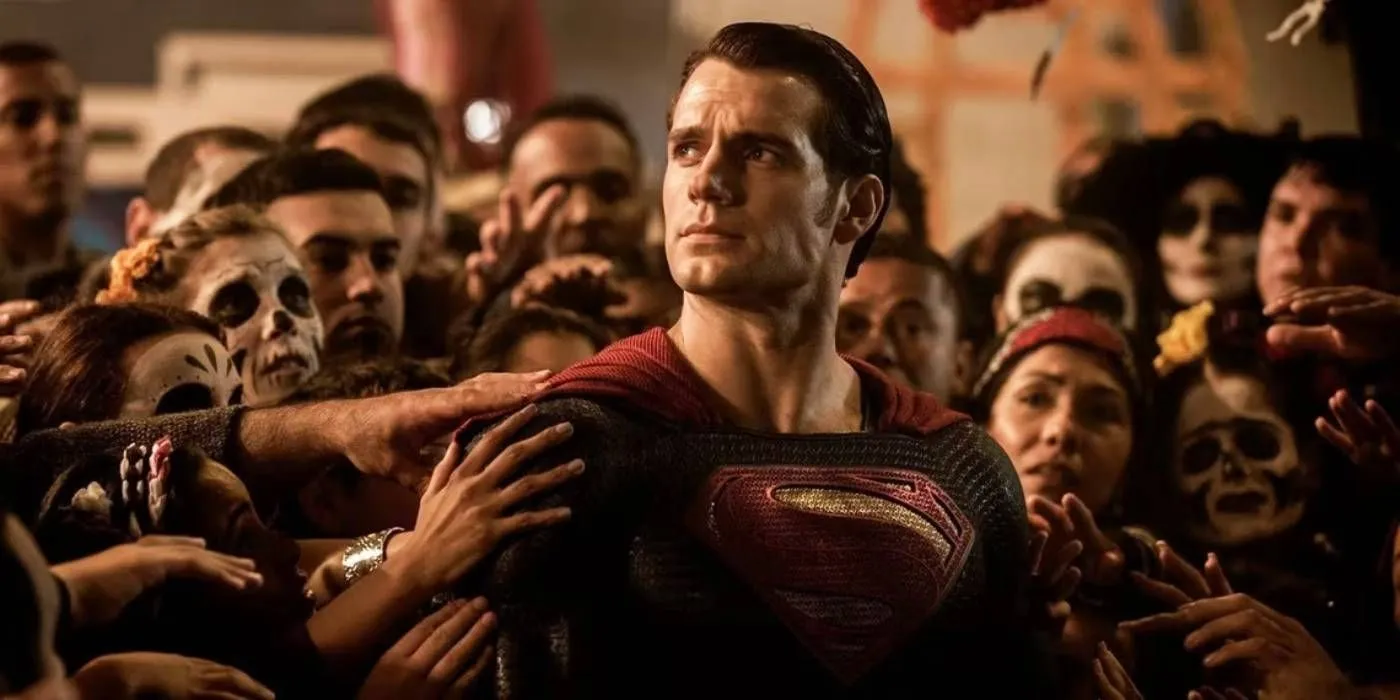
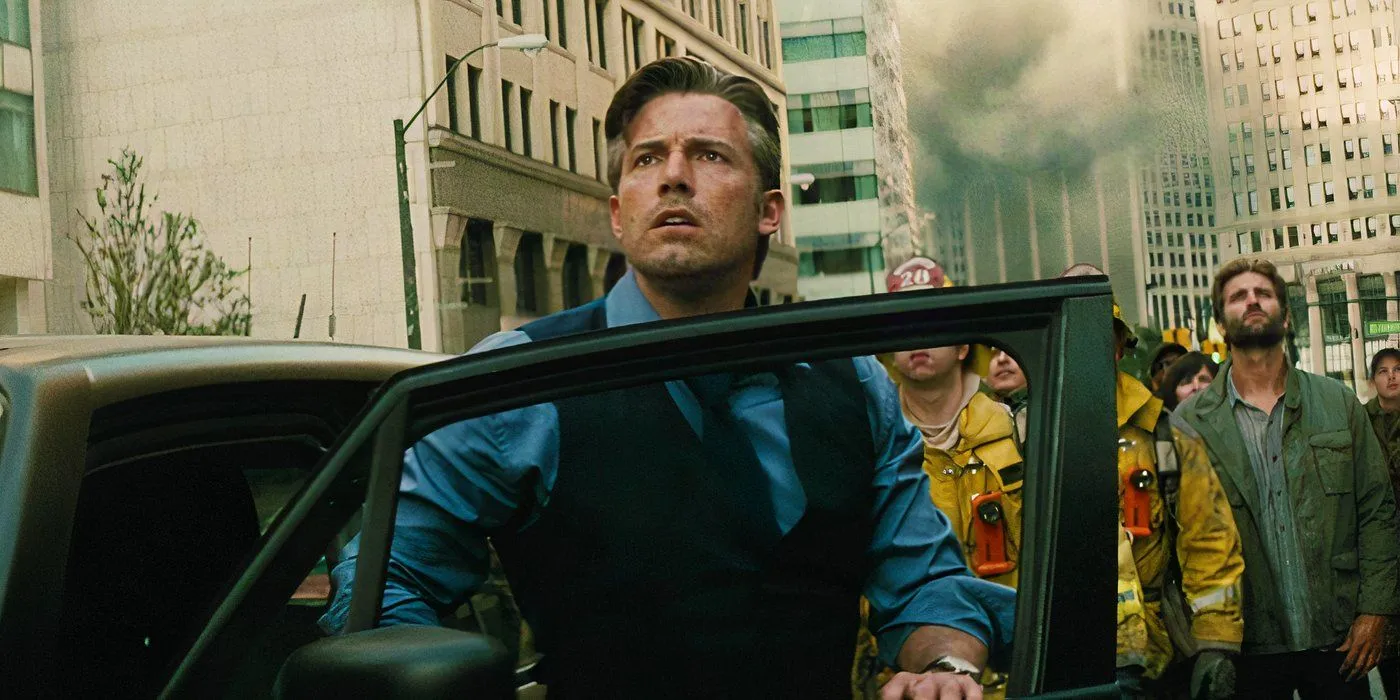
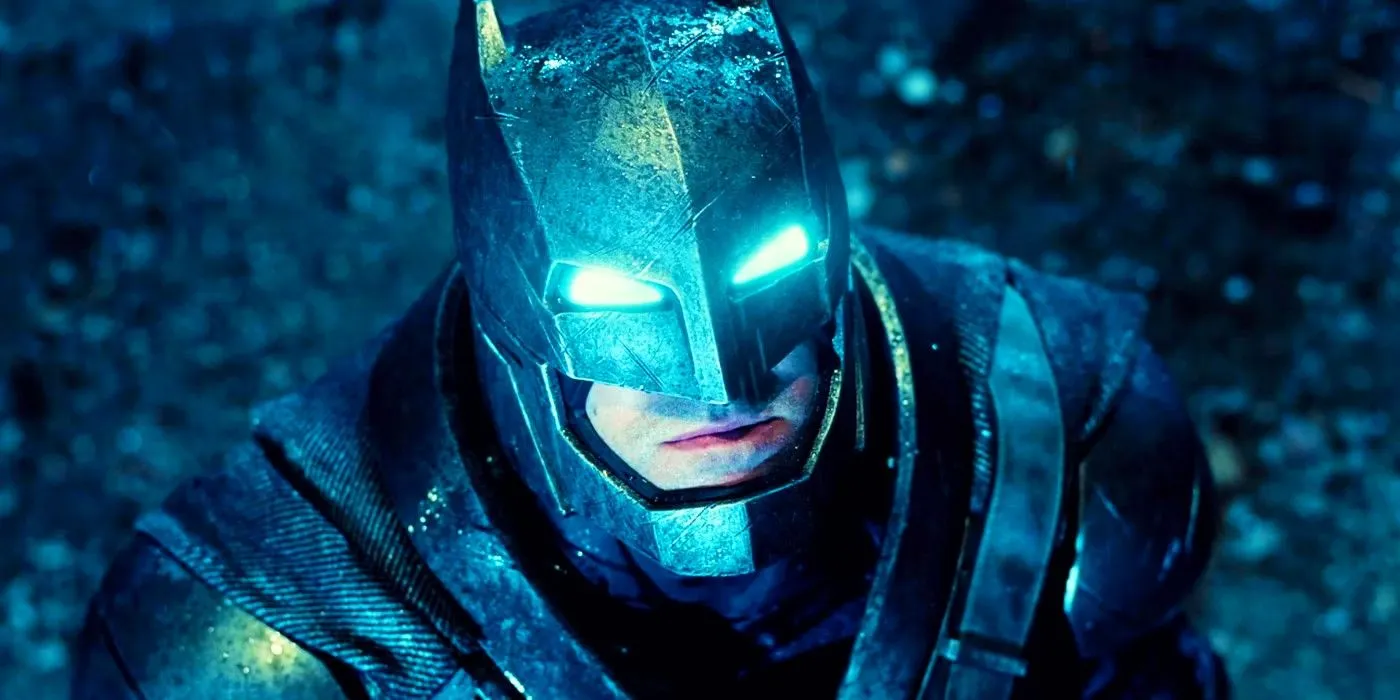
In the contentious Batman v Superman: Dawn of Justice, Bruce Wayne’s urge to eliminate Superman, rooted in his reaction to the destruction of Metropolis, ultimately proved to be naive. Through the unfolding of subsequent events—particularly after Superman’s death—Batman must reconcile with the very hero he sought to destroy. This inconsistency in Batman’s character development raises eyebrows, highlighting the poor judgment of his earlier vow against Clark, ultimately undermining the narrative’s integrity.
6. Trusting Catwoman Against Bane
From The Dark Knight Rises (2012)
In The Dark Knight Rises, Batman finds himself placing unwarranted trust in Catwoman, a character with a reputation for self-interest. This choice backfires dramatically when she betrays him, leading him directly into the hands of Bane. Despite later proving to be a valuable ally, the initial betrayal posits Batman’s decision to trust her as a significant lapse in judgment that compromises his credibility.
5. Leaving for Krypton
From Superman Returns (2006)
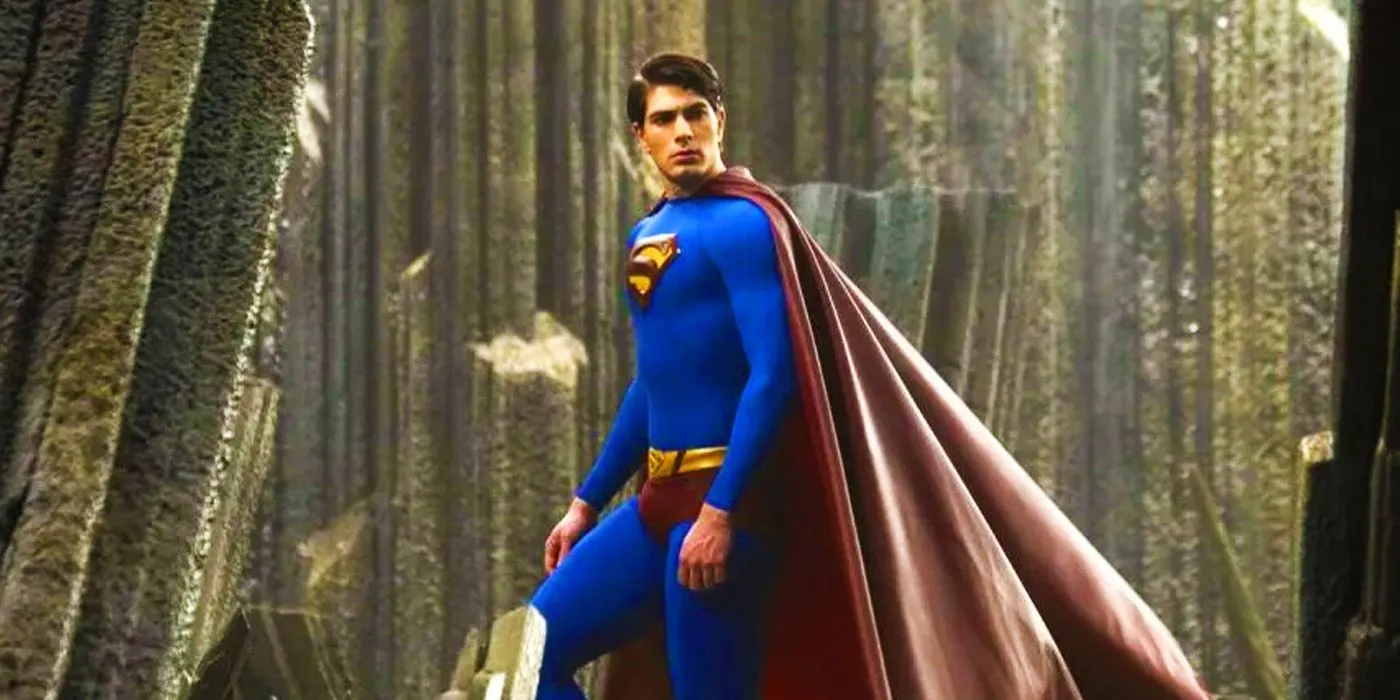

Superman Returns examines Clark Kent’s emotional turmoil when he discovers information about Krypton. However, his choice to leave Earth has repercussions that reverberate throughout the storyline. Learning too late that he missed his son’s birth—a child he fathered with Lois Lane—marks this decision as a profoundly poor choice. His absence not only affected his relationship with Lois, but also hindered his role as a father, rendering the expedition to find Krypton a costly mistake.
4. Lex Luthor’s Manipulations
From Batman v Superman: Dawn of Justice (2016)
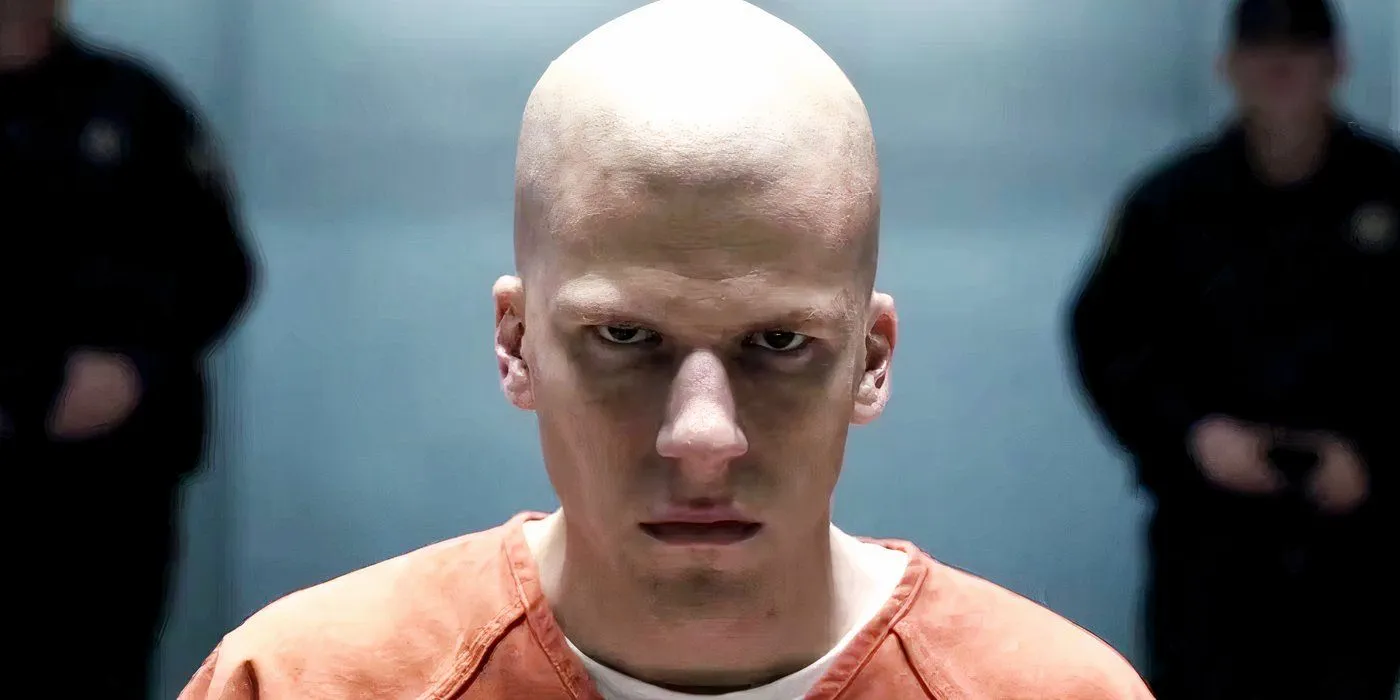
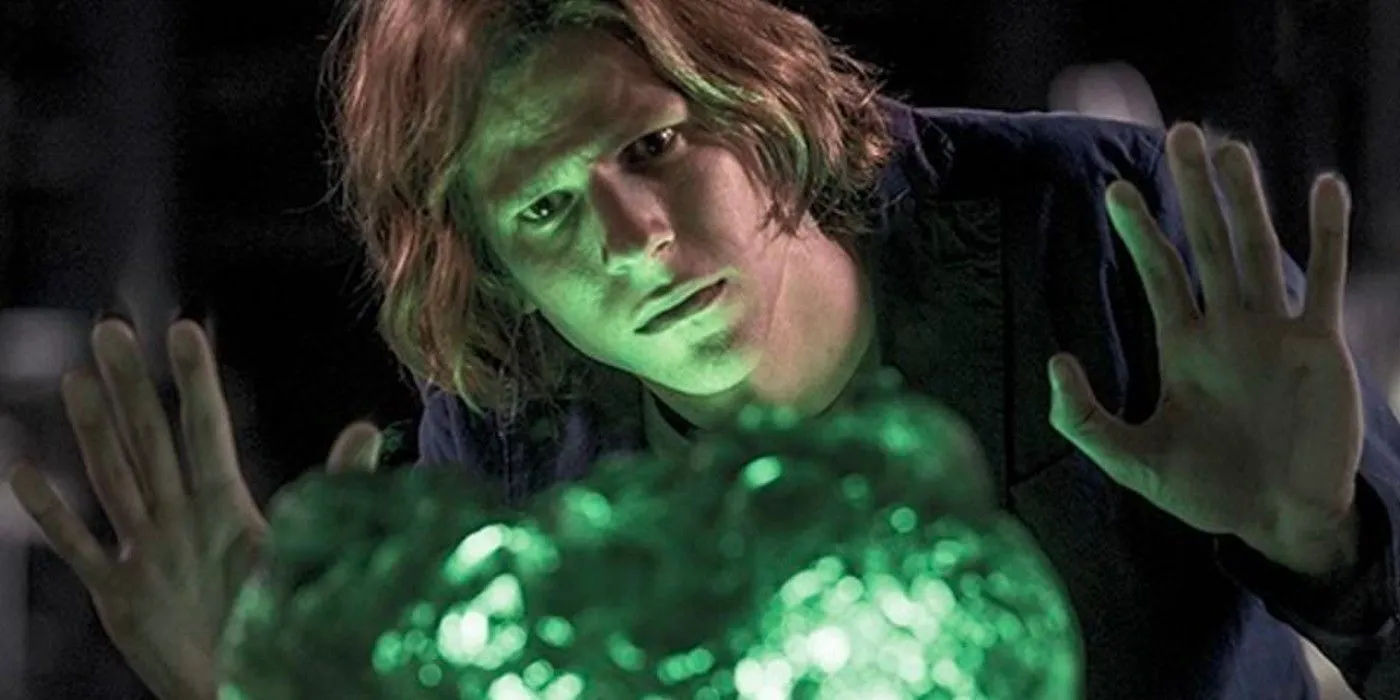
Jesse Eisenberg’s portrayal of Lex Luthor introduced a controversial version of the supervillain who seeks to manipulate both Batman and Superman into conflict. However, his actions lead to a series of catastrophic consequences, culminating in Superman’s death. Ironically, Lex laments the dangers posed in Superman’s absence, fully recognizing his role in the chaos yet failing to foresee the ramifications of his manipulations, ultimately aging his choices poorly within the franchise.
3. Batman Revealing His Identity to Rachel
From Batman Begins (2005)
In Batman Begins, Bruce Wayne’s choice to reveal his secret identity to Rachel Dawes leads to heartbreaking implications. While it appears to be an intimate act of trust, this revelation unintentionally places Rachel in danger, eventually culminating in her tragic demise at the hands of the Joker. The link between Bruce’s disclosure and her fate positions this decision as a pivotal and mournful moment within the narrative, aging it poorly as a consequence of unforeseen stakes.
2. Aquaman’s Choice to Leave Jesse Kane
From Aquaman (2018)
Aquaman’s decision not to save Jesse Kane during their encounter not only results in personal regret but also becomes the catalyst for a significant vendetta against him. This decision, marked by a lack of heroism, serves as a moral misstep that haunts him as he faces the consequences of Black Manta’s revenge later in the franchise. Leaving Jesse to die was not only unheroic but also illustrated the consequences of Aquaman’s flawed choices.
1. Bruce Wayne’s Attempt to Save Ducard
From Batman Begins (2005)
In a moment of desperation, Bruce Wayne saves his mentor, Ducard, during a fire at the League of Shadows headquarters. This decision to spare Ducard ultimately backfires, as he is revealed to be Ra’s al Ghul, whose actions directly threaten Gotham. Bruce’s misguided compassion leads to severe consequences, including Bane’s subsequent attack on the city. By failing to assess the character’s true nature, Bruce sets off a chain of events that leaves lasting damage across the DCEU, highlighting it as one of the poorest decisions in DC movie history.
While these cinematic choices may resonate within the context of their stories, the retrospective evaluation reveals how they have ultimately aged, often leading to unforeseen complications for the characters involved.




Leave a Reply ▼